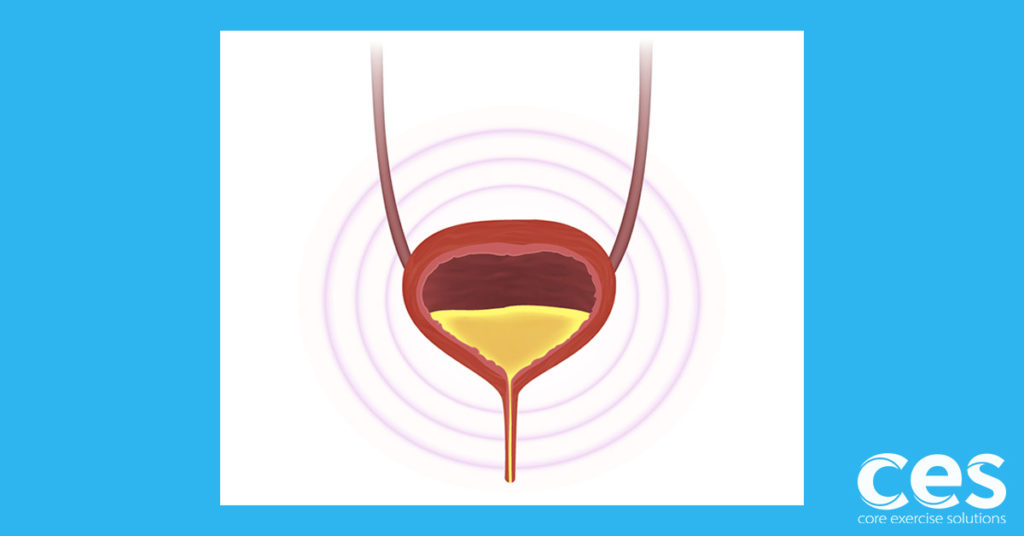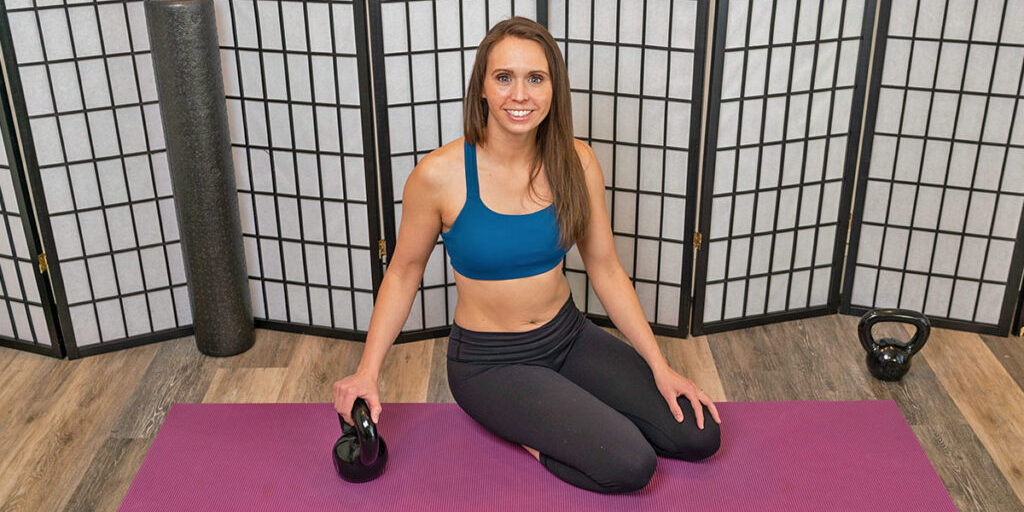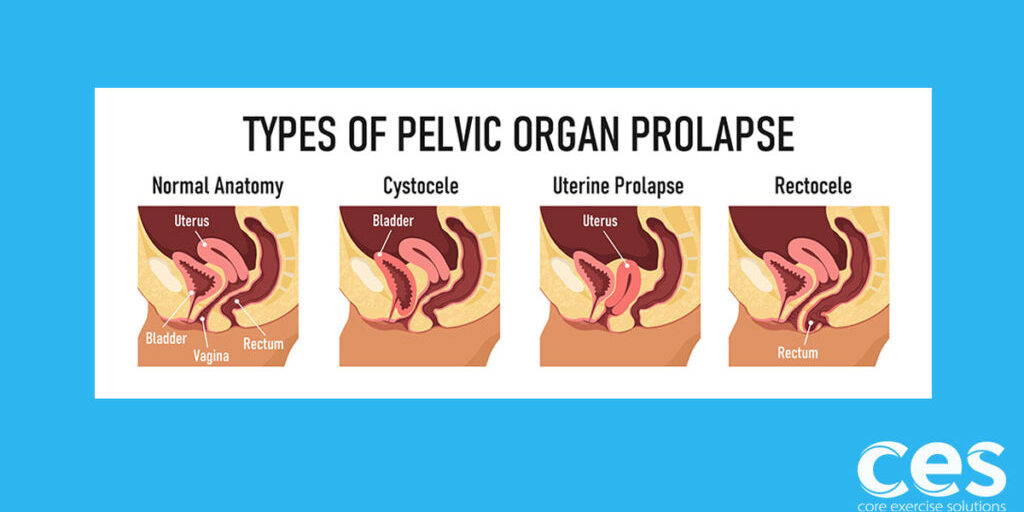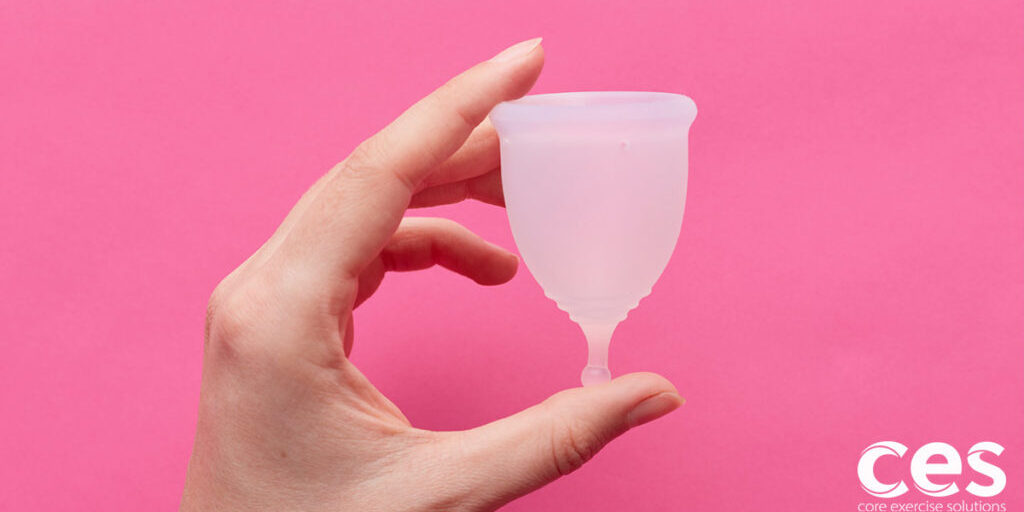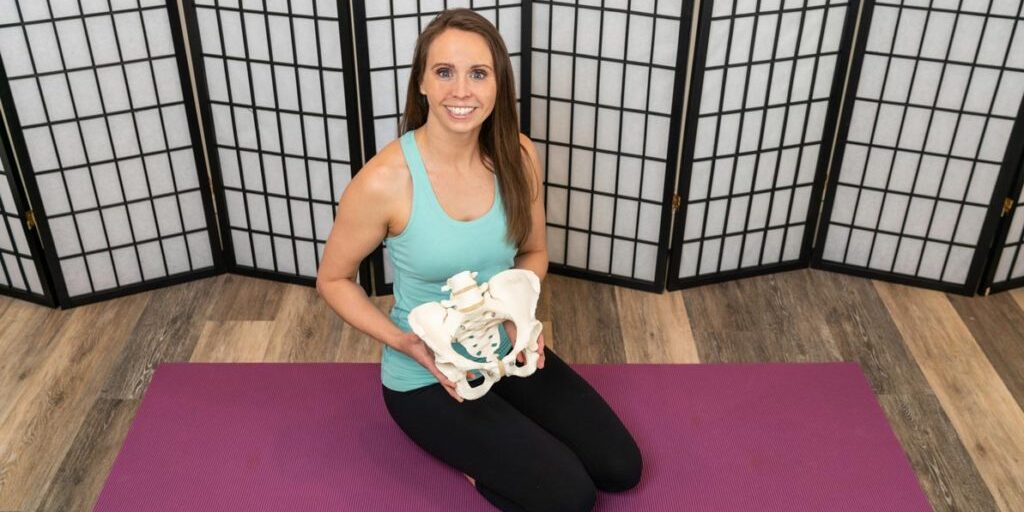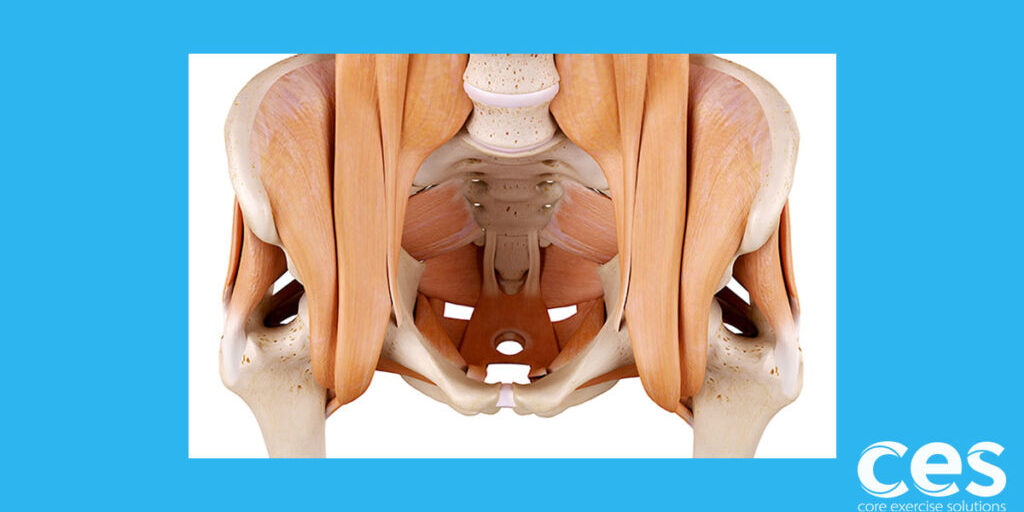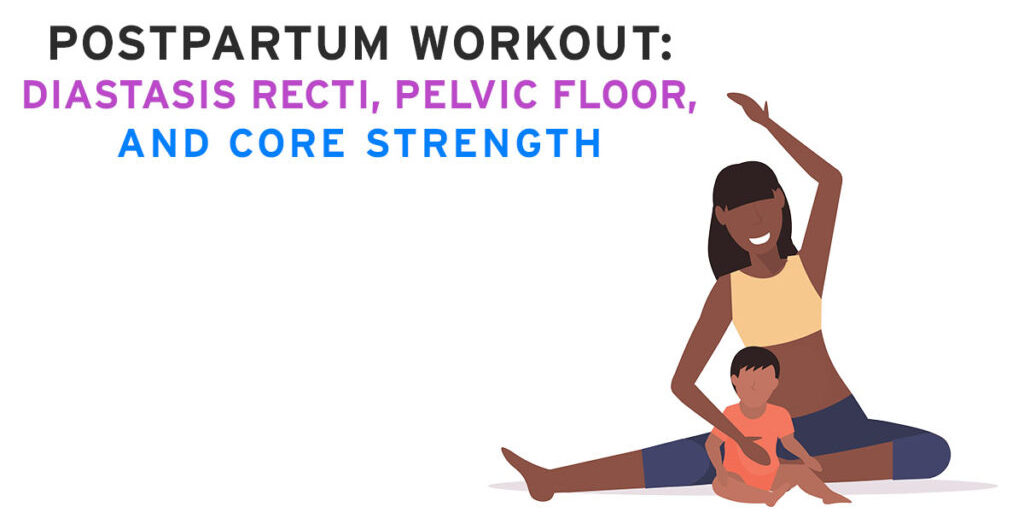Destroying the Stigma: Incontinence Hits the Mainstream
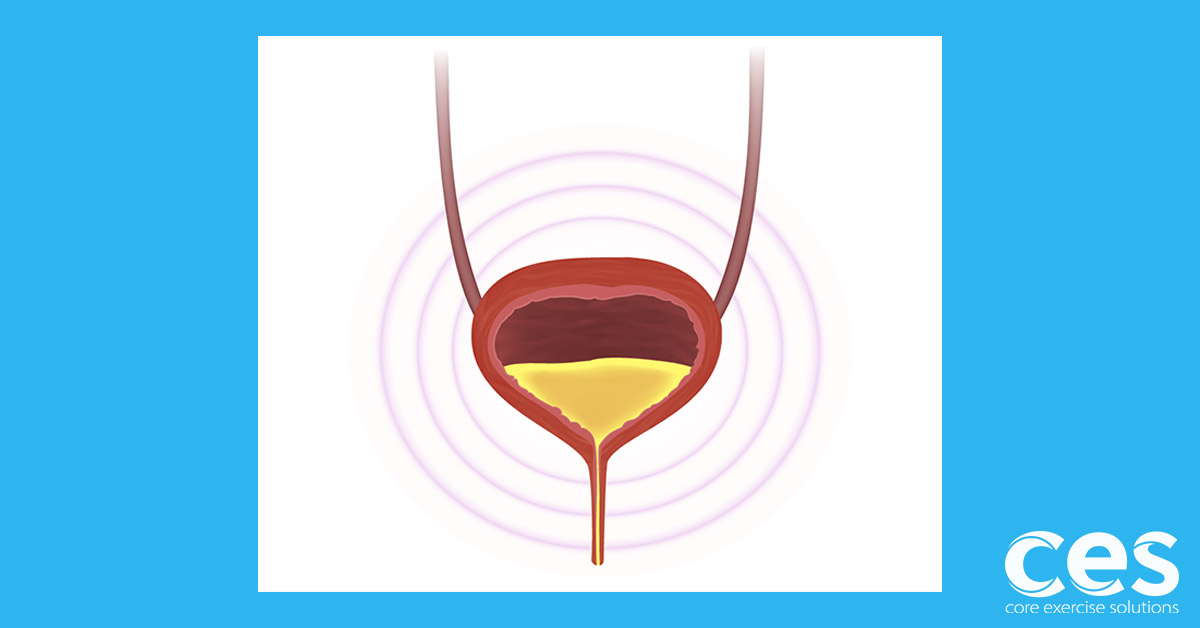
Opinions change. There’s little doubt American society is opening up and embracing a wider range of people. Issues people once hid like fatal flaws now reside firmly in the mainstream. Day by day, incontinence’s stigma fades just a little more.
This transition owes a debt of gratitude to a slew of A-list celebrities now openly discussing their battle. In November 2015, Oscar-winning actress Kate Winslet revealed her battle with incontinence following the birth of her three children. The interview, which took place on Britain’s The Graham Norton Show, set the internet abuzz with people applauding her bravery.
Other celebrities confessed their battles, too – and not just women.
- Samuel L. Jackson developed issues with incontinence in his late 40s. He’s gone on record about the issue, stating, “I realized that this was a problem millions of Americans dealt with every day.” Undeterred, he invested in incontinence underwear and resumed living a normal life.
- Earlier in her career, Katy Perry revealed she wore adult diapers throughout high school. Although she didn’t enjoy the experience, she’s stated it made her a stronger and more understanding person.
- The Dallas Cowboys’ starting quarterback, Tony Romo, developed incontinence prior to the 2009 season courtesy of a bladder infection. Now, he wears absorbent briefs and continues living an exceptionally active lifestyle.
- Kris Jenner has no problem discussing her incontinence. The Keeping Up With the Kardashians mom openly discusses her bladder issues with the media.
- Stephen King, the master of horror, developed a urinary tract infection which led to a prolonged period of incontinence. He confesses that, to this day, he still keeps his incontinence products by his bed “just in case.”
- Comedian Whoopi Goldberg openly discusses her issues with Light Bladder Leakage (LBL). In fact, she teamed up with Poise to create a series called “1 in 3 Like Me,” which discusses the overwhelming prevalence of incontinence. Her goal, she says, is to end the stigma associated with this common issue.
Those are just the celebrities we know about. Given this issue affects 25 million Americans, it assuredly afflicts hundreds (or even thousands) of mainstream figures.
In short: You’re not alone.
Hope for Incontinence Sufferers
Destigmatizing a medical issue doesn’t mean you should simply accept it. Stigma or not, it’s still an inconvenience most sufferers would gladly do without. There are a number of treatment options available. Due to a variety of incontinence causes, some treatments may be more effective for your particular case than others.
If you’re searching for a non-surgical option, I’ve developed a program designed to strengthen your pelvic floor muscles, but not by doing more kegels. The muscles in the hip that control rotation of your leg stimulate the pelvic floor muscles to fire. When these rotational muscles stop working correctly, your pelvic floor takes a break and gets weaker. The key to getting the pelvic floor back firing correctly is to move the hips, which naturally awakens the incontinence prevention muscles so they can start doing their job.
Many things can cause this issue, from too much sitting, childbirth, poor posture and shallow breathing, all the way to an old ankle injury. Crazy right? There are so many things that affect proper pelvic floor function. Which is why getting your pelvic floor stronger is more than just kegels. This program takes you step by step through the exact exercises you need to be doing to develop a stronger pelvic floor.
Best of all, this program is:
- Designed by a Doctor of Physical Therapy (and mother!) who really understands pelvic floor issues
- Proven to be effective on men and women for strengthening the pelvic floor and alleviating symptoms
If you’d like to learn more, I invite you to visit my Pelvic Floor Video Series page and watch the introductory video. It’ll discuss the pelvic floor function, as well as provide sample exercises for you to try at home.
I hope you’ll join the thousands of incontinence sufferers fighting to conquer their irritating symptoms.
Free Pelvic Floor Educational Series
Dr. Sarah Duvall, PT, DPT, CPT and the CES Team have helped thousands of women create the strength and stability needed to overcome common and not-so-common pelvic floor issues.
Join us today for this 4-part Pelvic Floor Video Series, absolutely free.
We don't spam or give your information to any third parties. View our Terms of Use and Privacy Policy.
Having trouble signing up? Click here

Related Articles
- « Previous
- 1
- …
- 3
- 4
- 5

